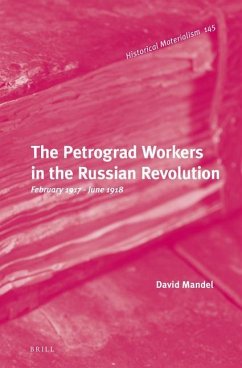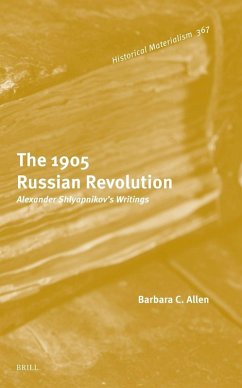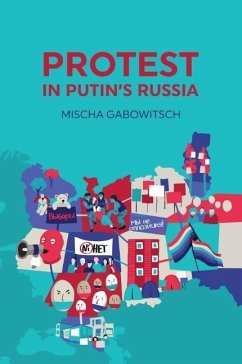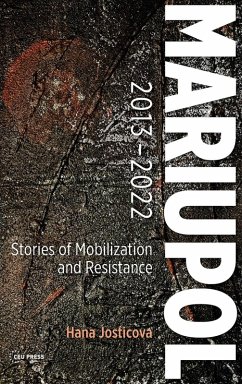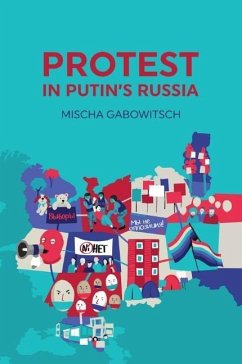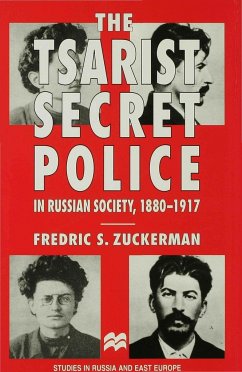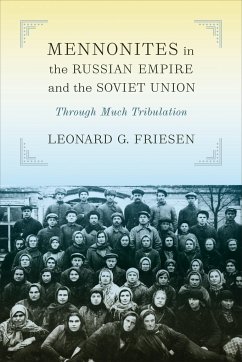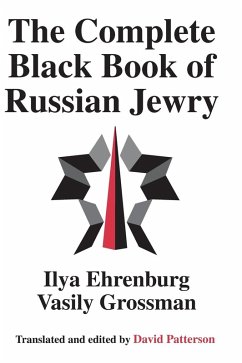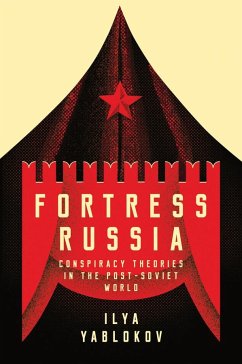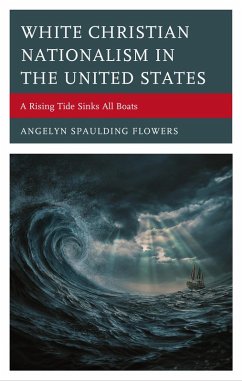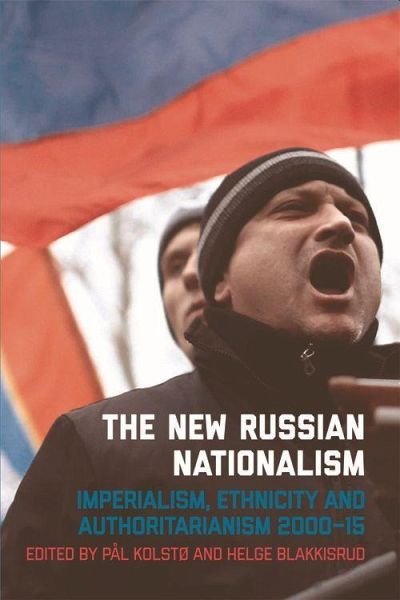
The New Russian Nationalism
Imperialism, Ethnicity and Authoritarianism 2000-2015
Herausgeber: Kolstø, Pål; Blakkisrud, Helge
Versandkostenfrei!
Versandfertig in über 4 Wochen
127,99 €
inkl. MwSt.

PAYBACK Punkte
64 °P sammeln!
'There are several excellent books on Russian national identity, but this collection surpasses them all. The New Russian Nationalism should now be the starting point for anyone studying contemporary Russian nationalism.' Peter J. S. Duncan, School of Slavonic and East European Studies, University College London Assessing the transformation of Russian nationalist discourse in the 21st century Russian nationalism, previously dominated by 'imperial' tendencies - pride in a large, strong and multi-ethnic state able to project its influence abroad - is increasingly focused on ethnic issues. This ne...
'There are several excellent books on Russian national identity, but this collection surpasses them all. The New Russian Nationalism should now be the starting point for anyone studying contemporary Russian nationalism.' Peter J. S. Duncan, School of Slavonic and East European Studies, University College London Assessing the transformation of Russian nationalist discourse in the 21st century Russian nationalism, previously dominated by 'imperial' tendencies - pride in a large, strong and multi-ethnic state able to project its influence abroad - is increasingly focused on ethnic issues. This new ethno-nationalism has come in various guises, like racism and xenophobia, but also in a new intellectual movement of 'national democracy' deliberately seeking to emulate conservative West European nationalism. Russia's annexation of Crimea in 2014 and the subsequent violent conflict in Eastern Ukraine utterly transformed the nationalist discourse in Russia. This book provides an up-to-date survey of Russian nationalism as a political, social and intellectual phenomenon by leading Western and Russian experts in the field of nationalism studies. It includes case studies on migrantophobia; the relationship between nationalism and religion; nationalism in the media; nationalism and national identity in economic policy; nationalism in the strategy of the Putin regime as well as a survey-based study of nationalism in public opinion. Pål Kolstø is Professor of Russian Studies at the University of Oslo. He has authored two books and a number of articles and book chapters on Russian politics, Russian history and nationalism. Helge Blakkisrud is Head of the Research Group on Russia, Eurasia and the Arctic at the Norwegian Institute of International Affairs, Oslo. He is Editor in Chief of the Nordic journal for East European and Eurasian Studies (Nordisk Østforum). Cover image: protest in Crimea, 2014 (c) Bulent Doruk/Anadolu Agency/Getty Images Cover design: [EUP logo] edinburghuniversitypress.com



